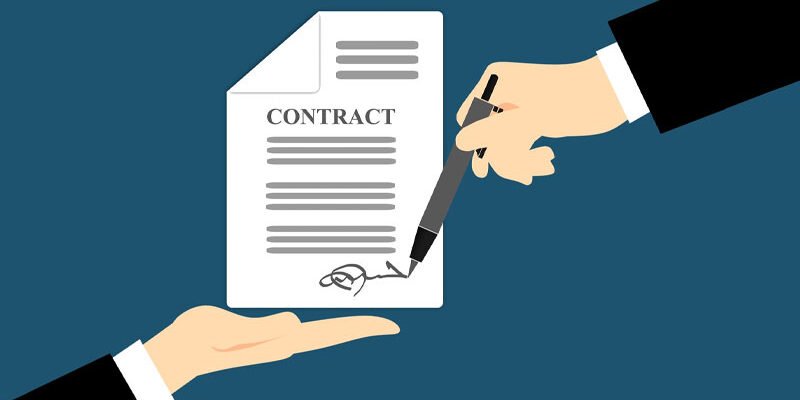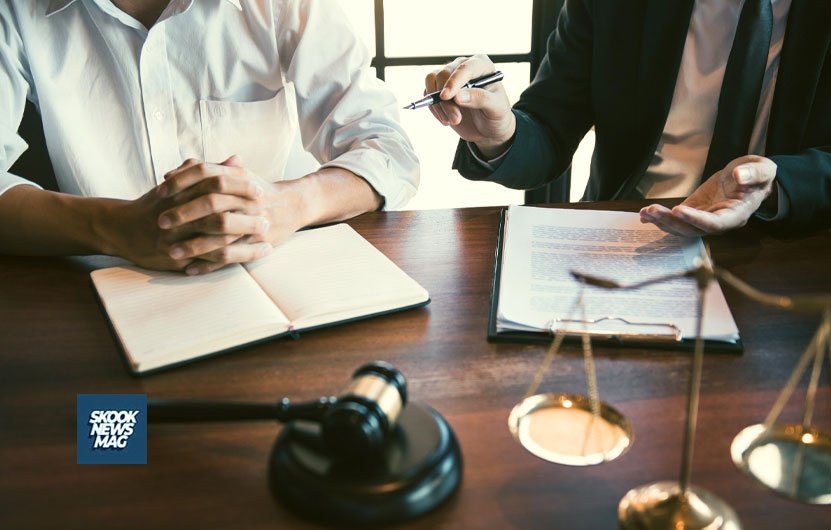Know Your Rights: What to Do When Facing Legal Troubles
Legal troubles can be overwhelming and confusing, but knowing your rights and understanding the appropriate actions to take can make a significant difference.
In this comprehensive guide, we will explore the necessary steps to navigate legal issues effectively. From understanding your rights to seeking legal assistance, we will cover everything you need to know to protect yourself and make informed decisions.
Understanding Your Rights
The importance of knowing your rights
Knowing your rights is crucial when facing legal troubles. It empowers you to make informed decisions, assert your entitlements, and navigate the legal system with confidence. By understanding your rights, you can protect yourself from potential abuses and ensure fair treatment.
Common legal rights and protections
There are several fundamental legal rights and protections that individuals have in various situations. Some common rights include:
- Right to legal representation: You have the right to an attorney if you are facing criminal charges or involved in a legal dispute.
- Right to remain silent: You have the right to remain silent and not incriminate yourself when questioned by law enforcement.
- Right to due process: You have the right to fair treatment, a fair trial, and the opportunity to present your case before a neutral judge or jury.
- Right to be free from unreasonable searches and seizures: You have the right to protection against unreasonable searches and seizures by law enforcement without probable cause or a valid warrant.
- Right to privacy: You have the right to privacy in your personal affairs, communications, and home, protected by the Fourth Amendment.
- Right to non-discrimination: You have the right to be free from discrimination based on factors such as race, gender, religion, or disability.
It is essential to research and understand the specific rights that apply in your situation to ensure you can protect yourself effectively.
Steps to Take When Facing Legal Troubles
Assessing the situation
When facing legal troubles, it is crucial to assess the situation objectively and understand the severity and potential consequences involved. Ask yourself the following questions:
- What are the specific legal issues at hand? Identify the nature of the legal problem and the potential impact it may have on your life.
- What are the potential consequences? Determine the possible legal outcomes and any potential penalties or liabilities you may face.
- What evidence or documentation do you have? Gather any relevant evidence, documents, or records that may support your case or help you understand the situation better.
By assessing the situation thoroughly, you can gain clarity and make more informed decisions moving forward.
Seek legal advice
Consulting with an experienced attorney is crucial when facing legal troubles. A qualified attorney can provide you with valuable guidance, explain your rights, assess the merits of your case, and help you navigate the legal process.
- Research and select a reputable attorney: Look for attorneys who specialize in the specific area of law related to your case. Read reviews, ask for recommendations, and schedule initial consultations to find the right fit.
- Prepare for the consultation: Gather all relevant documents, evidence, and any questions you may have for the attorney. Be prepared to discuss your case in detail.
- Ask questions and clarify your rights: During the consultation, ask the attorney about your rights, potential legal strategies, and the estimated timeline and costs involved.
- Evaluate your options: After consulting with an attorney, carefully consider their advice and evaluate your options. This may include negotiating a settlement, pursuing legal action, or exploring alternative dispute resolution methods.
Document everything
When facing legal troubles, it is crucial to keep detailed records of all relevant interactions, communications, and documentation. This includes:
- Correspondence: Keep copies of all letters, emails, and other written communication related to your case.
- Phone calls: Take notes of any important phone conversations, including the date, time, and the parties involved.
- Meetings: Document any meetings, including who was present, the topics discussed, and any agreements or decisions made.
- Evidence: Safely store any physical evidence or digital files that may be relevant to your case.
By documenting everything, you can maintain a clear record of events and support your position if necessary.
Cooperate with legal authorities
If you are involved in a legal matter that requires cooperation with legal authorities, it is essential to understand your obligations and act accordingly. This may include:
- Complying with court orders: If a court issues an order, such as a subpoena or a warrant, it is crucial to comply within the specified timeframe.
- Providing requested information: If legal authorities request information or documentation, provide it promptly and accurately.
- Cooperating in investigations: If you are a witness or involved in an investigation, cooperate fully and honestly with the legal authorities.
Cooperating with legal authorities demonstrates your willingness to participate in the legal process and can help protect your rights.
Consider alternative disputeresolution methods
In some cases, alternative dispute resolution methods can be an effective way to resolve legal troubles without going through a lengthy and costly court process. These methods include:
- Mediation: Mediation involves a neutral third party who helps facilitate negotiations between the parties involved. It aims to find a mutually agreeable solution that satisfies both sides.
- Arbitration: Arbitration is a more formal process where an arbitrator, who acts as a private judge, listens to both sides and makes a binding decision. It is less formal than a court trial but still results in a legally binding resolution.
- Negotiation: Negotiation involves direct discussions between the parties involved, with the goal of reaching a settlement or agreement without the involvement of a third party.
Considering alternative dispute resolution methods can save time, money, and emotional stress. Discussing these options with your attorney can help determine if they are suitable for your situation.
Conclusion
Facing legal troubles can be daunting, but understanding your rights and taking the appropriate steps can help you navigate the process effectively. Remember to assess the situation, seek legal advice, document everything, cooperate with legal authorities, and consider alternative dispute resolution methods when appropriate.
By being proactive and informed, you can protect your rights and make the best decisions for your situation.





